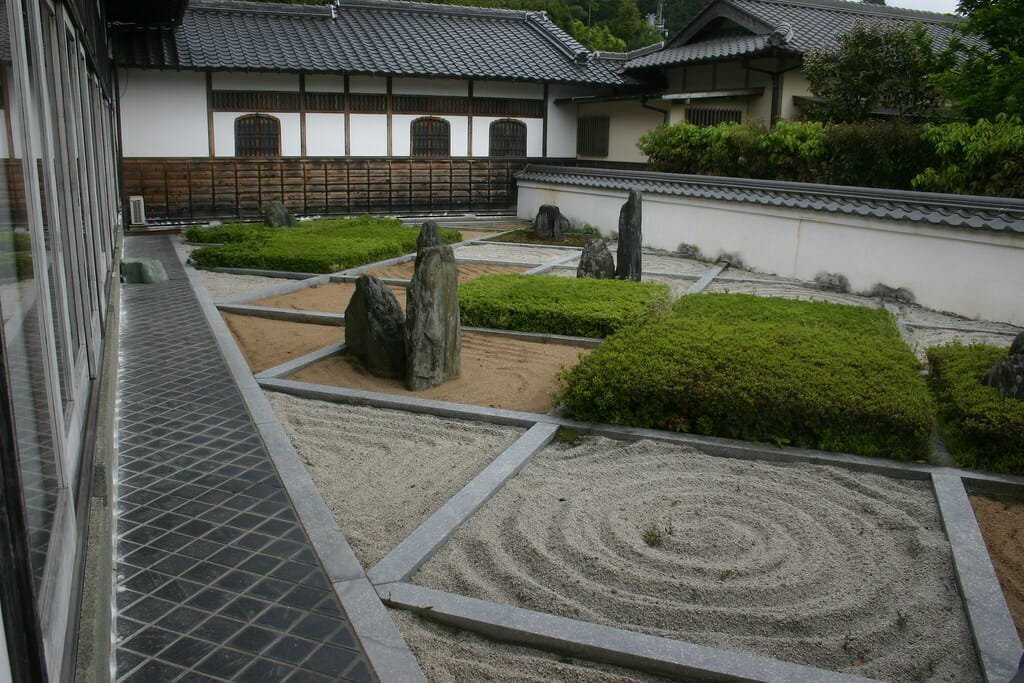The Most Essential Leadership Skills And How Zen Reframes A Way To Master Them
By Ginny Whitelaw
Originally published on Forbes.com on September 1st, 2021.
An in-person leadership team meeting—the first ever for this team—is postponed 6 months in hopes that the virus and its variants clear by then. An offsite meeting for a department of 60, seen as crucial for rejuvenating and reimagining their work together, is moved from in-person to online as new guidelines limit in-person gatherings. A month of reduced infections brings hope and the possibility of coming together in-person. But wait, don’t buy the airplane ticket yet, as the meeting may go back on Zoom. Go ahead, buy the ticket, we’re doing this in-person. No, wait, we’re not sure.
This describes, not only my upcoming, upended schedule, but the reality facing so many leaders as we try to figure out the “hybridity” in our businesses and organizations. We’re feeling the need to get back to work, get back to school and, in some sense, go to school on new ways of working that better fit this unrelenting uncertainty. Little wonder agility makes virtually every list of the most essential leadership skills needed today. Other essentials, as judged by leadership experts and CEOs themselves, include curiosity and creativity, purposefulness and clarity, systems awareness and discipline, personal mastery and relationship skills (i.e., emotional intelligence). A lack of any one of these will create cycles of drama or difficulties around any leader.
For decades, skills like these have been taught in leadership courses, from bucolic conference center immersions to didactic, online learning. Participants picked up what they could, from a new tip to possibly a new coat of leadership paint. But to lead into unrelenting uncertainty calls for a deeper alchemy in the human being; not a new layer but a new depth, a deeper resonance with life itself. Moreover, this depth is needed right at a time when leadership learning methods are increasingly moving online, which has historically traded depth for economy, and companies, mired in uncertainties, are not sure they can invest in leadership development at all. But we have found this depth of leadership development is accessible, even in an online environment, when combined with the mind-body unification of Zen practices. A Zen approach to leadership development penetrates to a reframed sense of self, clarifies the embodied resonance of the human being, and tunes the entire suite of essential leadership skills to what’s needed.
How is this possible? Because, even though in the West, we like to think of Zen as a philosophy of flow, or a peaceful stone garden, the practice of Zen takes us out of our thoughts altogether and into our breath and body. And in dropping into our breath and body deeply enough, to put it in mathematical terms, Zen takes us to zero: to no-thought, no-thing, no-self. From that absolute peace, as thought returns, we see ourselves differently, as a particular configuration of strengths and weaknesses, needs and fears, things we like and don’t like, but all rising and falling, temporary states that can be used or not used. Put another way, we see through ourselves, which radically reframes how we start using our life and leadership. Before we see through ourselves, we use life and our leadership skills to meet our needs, which may include both altruistic and ambitious needs from helping others to growing a company. After we see through ourselves, we can use our self and leadership skills to serve life, which includes taking good enough care of ourselves to retain our vitality but is altruistic and ambitious on an entirely different scale.
How does this reframed sense of self clarify how we resonate and function as a leader? To put it simply: we relax in our demands or expectations of life, so we more readily resonate (i.e., vibrate) with what is. We can think of our body as a musical instrument, such as a fine cello, that absorbs the energies of how it’s played by life and emits a characteristic sound. Every issue that is a sticking point for us, from a personal grudge, to financial worries, to doubting our worthiness, is like stuffing our cello with foam peanuts and randomly tightening its strings. In this condition, as life strikes us, we’re off key and deadened in our response. Zen training progressively reverses this tightening and deadening by opening the senses, relaxing our body, and giving us a chance to see through each sticking point because, in the stillness of meditation, those sticking points surely arise. As we see through where we’re stuck and ease out tension, it is like emptying out the foam peanuts and returning our strings to their natural tuning. Returning to our fine-instrument state, we play with life, true to purpose.
And so it is that this clarified resonance improves not only our agility, but the entire suite of essential leadership skills. We’ll find that curiosity is none other than opening our senses in the spirit of acceptance and wonder. Systems awareness is seeing the patterns in what our increased sensitivity presents. Creativity or purposefulness is resonating strongly with something ready to happen through our particular instrument and enacting it into the present. Clarity or discipline is the selective dampening of distractions (even our own doubts) that would otherwise throw us off purpose. Personal mastery is sensing ourselves clearly and being coherent in our inner resonance. And relationship skills come through resonating one-with those around us, becoming the other and leading from there. “Nothing to do and yet nothing left undone,” is how Lao Tzu described this natural way of leading, which accords the Way in the truest sense. This is none other than resonating one-with what is and adding our value, which is the reframe of Zen leadership.
What other way would you want lead into perpetual uncertainty?
Ginny Whitelaw is the Founder and CEO of the Institute for Zen Leadership.

